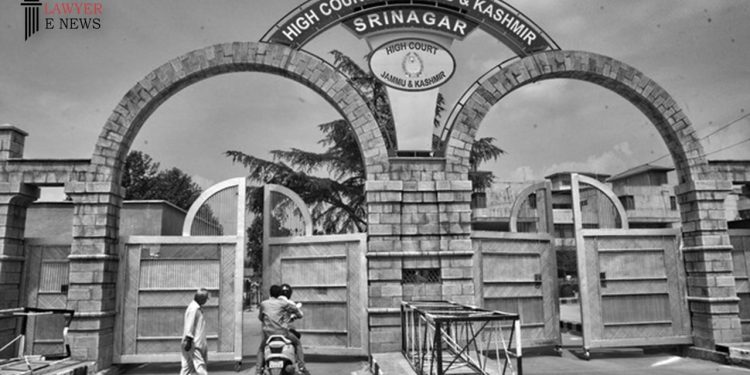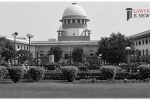Unregistered agreement cannot be used as evidence to protect possession of immovable property: J&K High Court

On 20 April 2023 , In a recent judgement Surinder Partap Singh and another Versus Vijay Kumar and others, the Jammu & Kashmir High Court has ruled that an unregistered agreement to sell cannot be used as evidence to protect possession of immovable property.
The petitioners had filed a suit for permanent prohibitory injunction against the respondents in respect of land measuring 24 kanals 5 marlas in the village of Kathlai, District Samba. They claimed that they had entered into an agreement to sell with the respondents on October 17, 2018, and had paid an amount of Rs. 3.00 lacs to respondent No. 3, who was the attorney holder of the other respondents. They also claimed that the possession of the land was delivered to them. However, the respondents denied that they had executed any power of attorney in favour of respondent No. 3 and stated that the agreement to sell was unregistered and insufficiently stamped.
The trial court had passed an ex parte interim order restraining the parties from dispossessing each other from the suit property. However, the appellate court had allowed the appeal of respondent Nos. 1 & 2 and set aside the order of the trial court, stating that the unregistered agreement to sell could not be used by the petitioners to protect their possession.
The Jammu & Kashmir High Court upheld the decision of the appellate court, stating that under section 49 of the Registration Act, 1977, an unregistered document cannot affect any immovable property comprised therein. The court held that the petitioners had no prima facie case in their favour as they had based their suit on the basis of an unregistered and insufficiently stamped instrument, which under law does not affect such immovable property.
The court also cited the precedent set in Kashi Math Samsthan v. Shrimad Sudhindra Thirtha Swamy, 2010 AIR (SC) 296, which stated that a party seeking an order of injunction must prove a prima facie case to go for trial. If a party fails to prove a prima facie case to go for trial, it is not open to the court to grant injunction in their favour, even if they have made out a case of balance of convenience being in their favour and would suffer irreparable loss and injury if no injunction order is granted.
Jammu & Kashmir High Court ruled that the unregistered agreement to sell could not be used as evidence to protect the possession of immovable property, and dismissed the petition for permanent prohibitory injunction filed by the petitioners.
Surinder Partap Singh and another Versus Vijay Kumar and others






